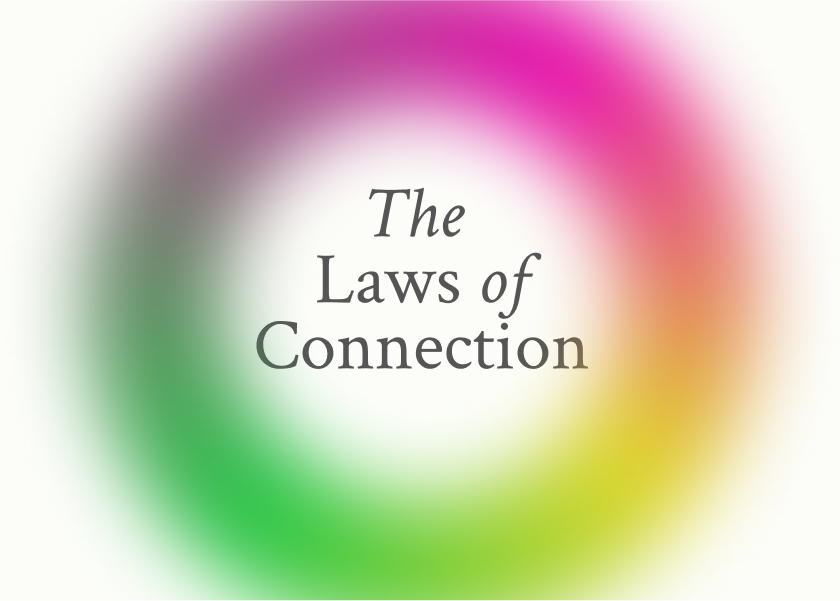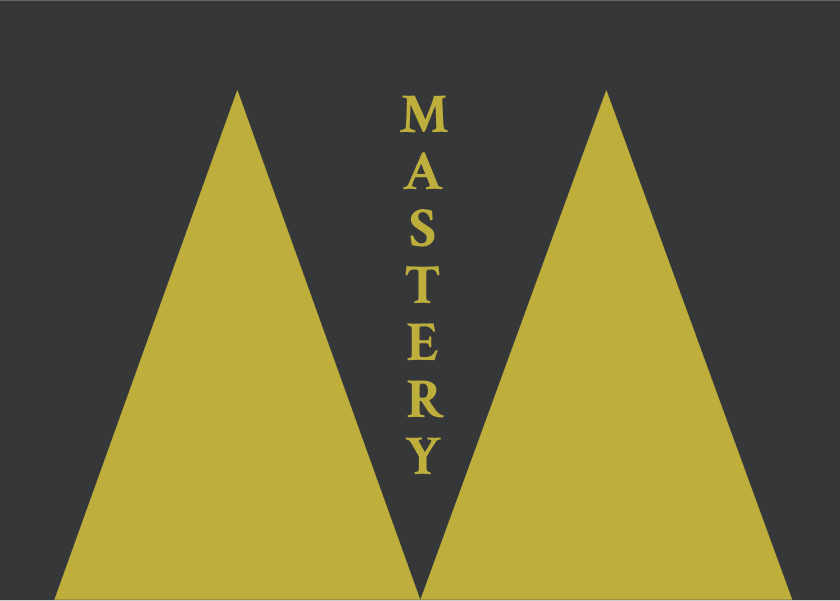Supercommunicators by Charles Duhigg - Summary
Unlock the secrets to better communication! Learn to identify the 3 conversation types, achieve "learning conversations," and connect deeply. Supercommunicators aren't born, they're made! Learn the skills to connect, engage in meaningful conversations, and achieve alignment.

The following is a summary and review of the book Supercommunicators by Charles Duhigg.
Listen to ShelfHelp's podcast summarising the book Supercommunicators by Charles Duhigg.
Is Your Communication Falling Flat? Discover the Secrets of Supercommunicators
Do you ever feel like you're speaking a different language than the people around you? Do your conversations often lead to misunderstandings or missed connections? In Supercommunicators: How to Unlock the Secret Language of Connection, Charles Duhigg explores the essential skills for transforming your communication and building stronger relationships. This book offers a path to becoming a more effective and empathetic communicator in all aspects of life.
Table of Contents
- About the Author
- Who Should Read This Book?
- Key Insights and Themes
- Detailed Summary
- Review
- Actionable Takeaways
- FAQs
- Conclusion
About the Author
Charles Duhigg is a Pulitzer Prize-winning investigative journalist and the author of the bestselling books "The Power of Habit" and "Smarter Faster Better". A graduate of Harvard Business School and Yale College, Duhigg's work has appeared in The New Yorker and other prominent publications. His experience as a journalist and his academic background give him a unique perspective on human behaviour and communication.
Who Should Read This Book?
"Supercommunicators" is a valuable resource for anyone who wants to improve their communication skills and build stronger relationships. This includes:
- Managers and leaders who want to connect with their teams and foster a more collaborative work environment.
- Professionals in any field who need to negotiate, persuade, or present ideas effectively.
- Individuals seeking to improve their personal relationships with friends, family, and romantic partners.
- Anyone who has ever struggled to be heard or understood.
- Individuals who want to learn how to navigate difficult conversations with more confidence and empathy.
For instance, the book highlights the story of a surgeon who learned to communicate more effectively with his patients by understanding their emotional needs and concerns. This demonstrates how "Supercommunicators" can benefit professionals in high-pressure situations, as well as those in everyday interactions.
Key Insights and Themes
Here's a concise overview of the book's main ideas:
- Three Types of Conversations: Many discussions involve three different conversations: practical ("What's This Really About?"), emotional ("How Do We Feel?"), and social ("Who Are We?").
- Learning Conversations: The goal for meaningful discussions should be to learn how others see the world and to help them understand your perspectives.
- The Matching Principle: Effective communicators adapt their conversational style to match their partner's, creating a sense of connection and understanding.
- Importance of Questions: Asking open-ended questions about values, beliefs, judgements, and experiences is a powerful way to build rapport and encourage self-disclosure.
- Emotional Awareness: Recognising and responding to unspoken emotions is crucial for building trust and resolving conflicts.
- Social Identities: Understanding how social identities shape our perceptions and interactions is essential for navigating difficult conversations.
- Anyone Can Improve: Becoming a supercommunicator is a skill that anyone can develop by learning to hear more clearly and connect on a deeper level.
Detailed Summary
"Supercommunicators" is structured around the three types of conversations and the skills needed to navigate each effectively. Here's a more detailed look:
The Three Kinds of Conversation
- What's This Really About?: These conversations focus on practical decisions and information exchange. Effective communicators ask clarifying questions and listen actively to understand the other person's perspective.
- How Do We Feel?: These conversations revolve around emotions and feelings. Supercommunicators express empathy, validate emotions, and create a safe space for vulnerability.
- Who Are We?: These conversations explore social identities and group affiliations. Navigating these conversations requires awareness of one's own biases and a willingness to understand and respect different perspectives.
Key Principles and Strategies
- The Matching Principle: This involves adapting your communication style to match the other person's. This includes mirroring their body language, tone of voice, and level of emotional expression. High centrality participants in group conversations gently lead people to hear one another, inviting seriousness or laughter as appropriate.
- Every Conversation Is a Negotiation: Duhigg argues that every conversation involves a negotiation of needs and expectations. Effective communicators ask open-ended questions to understand what the other person wants from the conversation.
- The Listening Cure: True listening involves more than just hearing words; it requires paying attention to emotions, nonverbal cues, and unspoken needs. Follow-up questions are crucial for showing that you're engaged and want to know more.
- Hearing Emotions No One Says Aloud: Some people have learned to spot opportunities, detect the type of discussion, and understand what others really want. They've learned how to hear what’s unsaid and speak so others want to listen.
- Connecting Amid Conflict: Emotions impact every conversation and when ignored, they’re likely to become obstacles to connection. The key is to create a safe environment for discussing disagreements by acknowledging emotions and seeking to understand the other person's perspective. Looping for understanding can be very helpful.
- Our Social Identities Shape Our Worlds: Social identities gain and lose power based on their salience and the environment where a conversation occurs. Acknowledging people’s experiences and looking for genuine similarities creates a sense of togetherness.
- How Do We Make the Hardest Conversations Safer? When people feel they don’t belong because of a social group, it can lead to identity threat. Conversations about race can trigger worries that the other person might see you through the lens of a stereotype.
Review
"Supercommunicators" is a well-researched and engaging book that offers practical advice for improving communication skills. Duhigg's use of real-life stories and examples makes the concepts accessible and relatable. The book's emphasis on empathy, active listening, and emotional awareness is particularly valuable in today's increasingly polarized world.
One potential weakness is that the book's framework of three conversation types could be seen as oversimplified. Human communication is complex and nuanced, and conversations often blend these categories. However, this framework provides a useful starting point for understanding the different dimensions of communication.
Actionable Takeaways
Here's how to apply the lessons from "Supercommunicators" in real life:
- Pause and Reflect: Before speaking, ask yourself what kind of conversation you want to have and what the other person might want.
- Ask Open-Ended Questions: Encourage others to share their values, beliefs, and experiences.
- Listen Actively: Pay attention to both verbal and nonverbal cues, and ask follow-up questions to show you're engaged.
- Express Empathy: Validate the other person's emotions and show that you understand their perspective.
- Share Your Own Vulnerabilities: Build trust by sharing your own experiences and feelings.
- Acknowledge Social Identities: Be aware of how social identities might be influencing the conversation, and create a safe space for diverse perspectives.
- Practice Looping for Understanding: Summarise what you heard and ask the speaker if the summary was accurate.
FAQs
- What is "Supercommunicators" about? "Supercommunicators" explores the skills and strategies that effective communicators use to connect with others, navigate difficult conversations, and build stronger relationships. It identifies three types of conversations and provides practical advice for mastering each one.
- Is "Supercommunicators" worth reading? Yes, if you're looking to improve your communication skills and build stronger relationships. The book offers actionable insights and real-life examples that can be applied in both personal and professional settings.
Conclusion
"Supercommunicators" is a valuable guide for anyone who wants to enhance their communication skills and build more meaningful connections. By understanding the different types of conversations, practicing active listening, and embracing empathy, you can transform your interactions and become a more effective communicator. Start applying these lessons today and unlock the power of connection!
As an Amazon Associate, ShelfHelp may earn money from qualifying purchases. Needless to say, ShelfHelp only includes affiliate links to books we recommend and think are worth your time reading.




